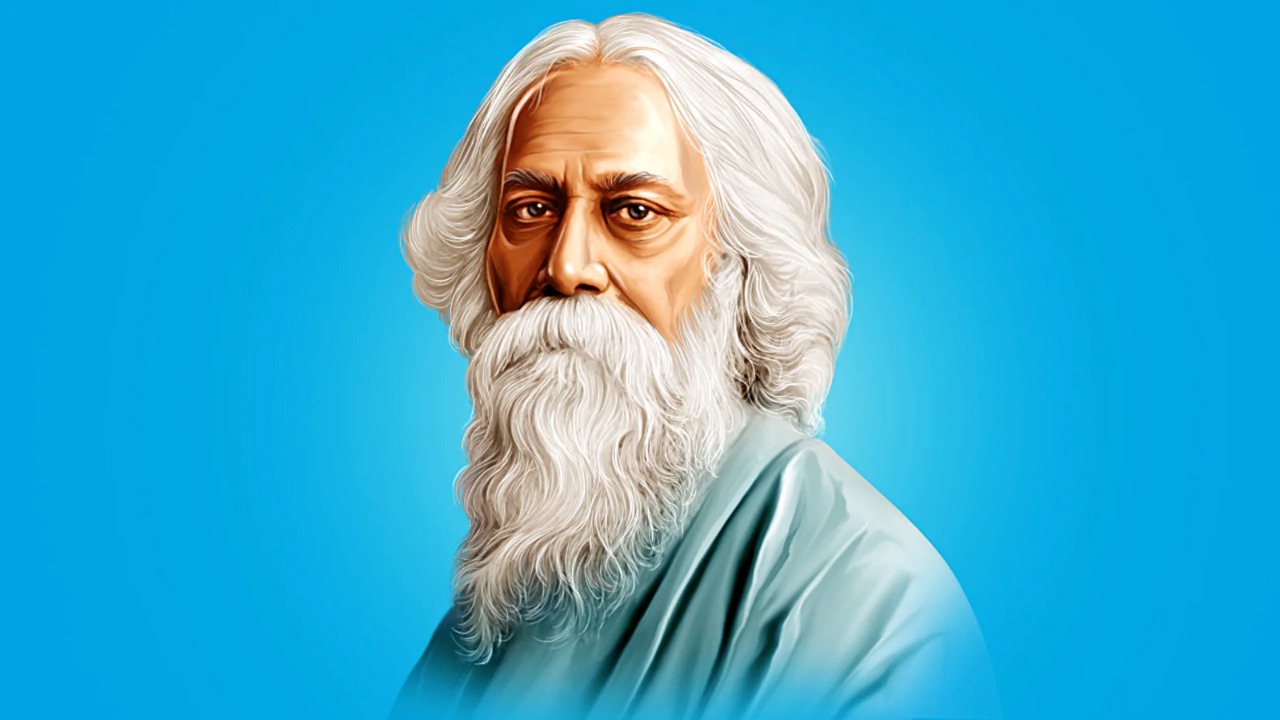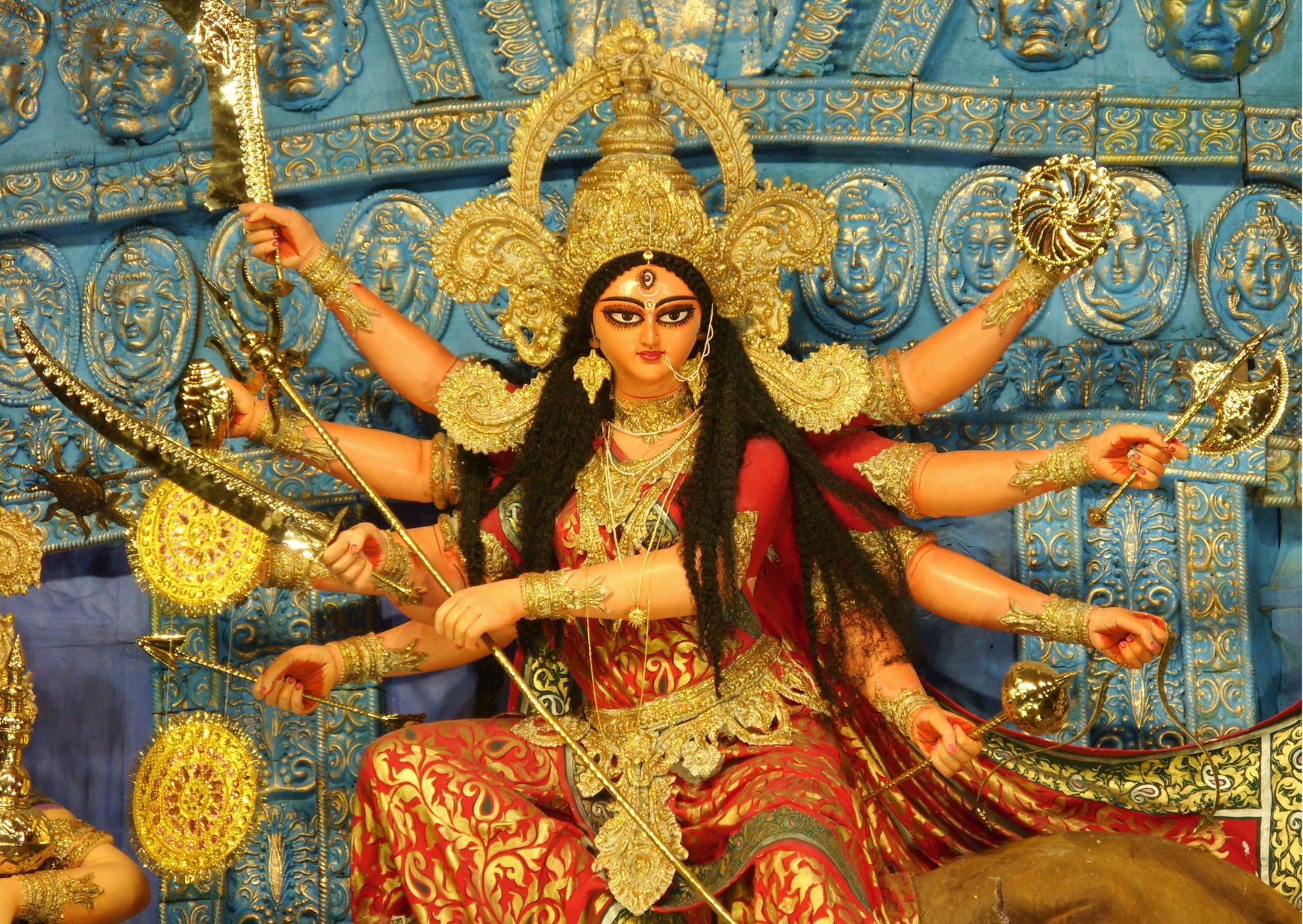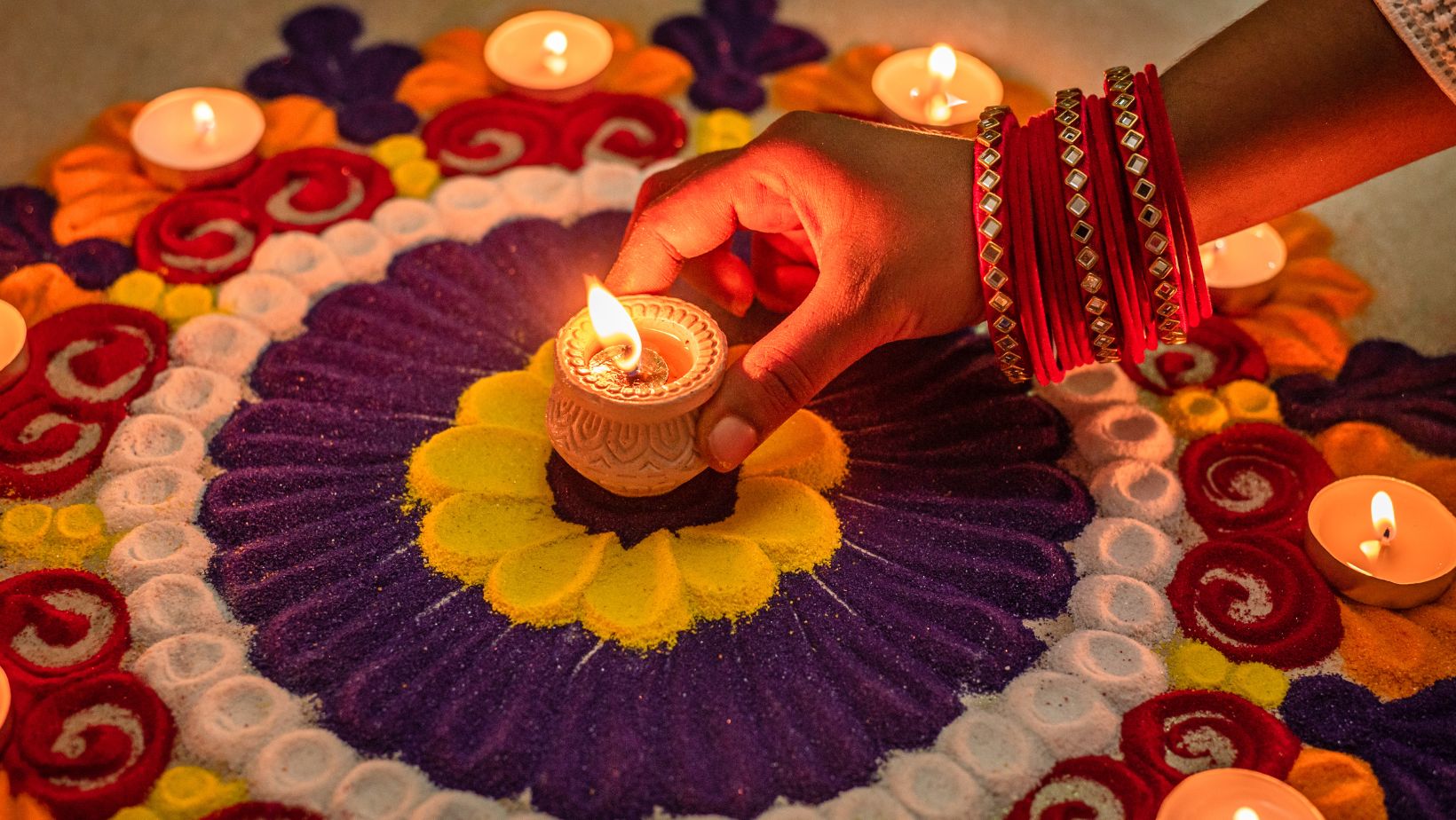Rabindranath Tagore: the bard whose words continue to inspire generations
The legacy of Tagore is among India's most precious treasures and today on his birth anniversary we revisit his famous poem 'Ekalā calo'
There aren't many authors whose writing appeals with such passion to readers across ages and over so many decades. The pride of our nation, Rabindranath Tagore was born on 7th May 1861. He would grow up to forever change the landscape of Bengali literature and inspire generations, for years.
Though known across the world as Tagore (due to British influence), many Bengalis continue to know him by his original name, 'Rabindranath Thakur'.
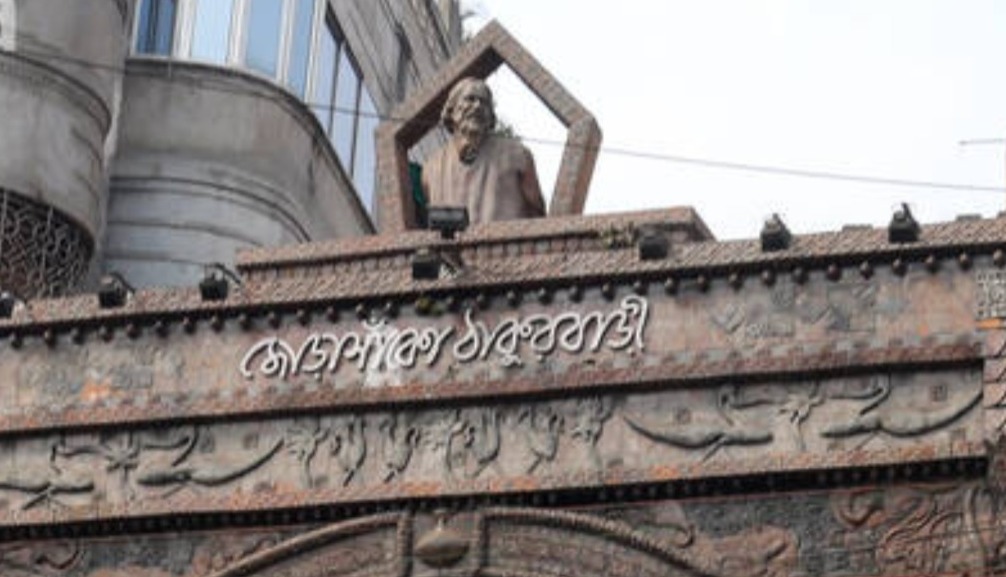
'জোড়াসাঁকো ঠাকুরবাড়ি' or Jōṛāsām̐kō ṭhākurabāṛi means, 'ancestral home of the Thakurs' and that is what is written on the main gate of his residence till date. In Bengal, his birthday is celebrated by the Hindu calendar as per tithi, and this year it falls on the 9th of May.
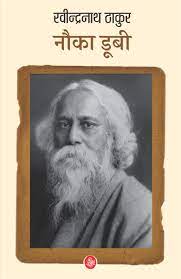
A hundred authors today cannot sit together and conceive the masterpieces created by him then. His mammoth collection covered a huge range of subjects like love, womanhood, desire, mystery, religion, patriotism, courage, and more. Also, thrilling to read, are the nuances of couple relationships and those within a joint family at that time. 'Naukadoobi' can keep even today's teens on the edge with each unfolding page.
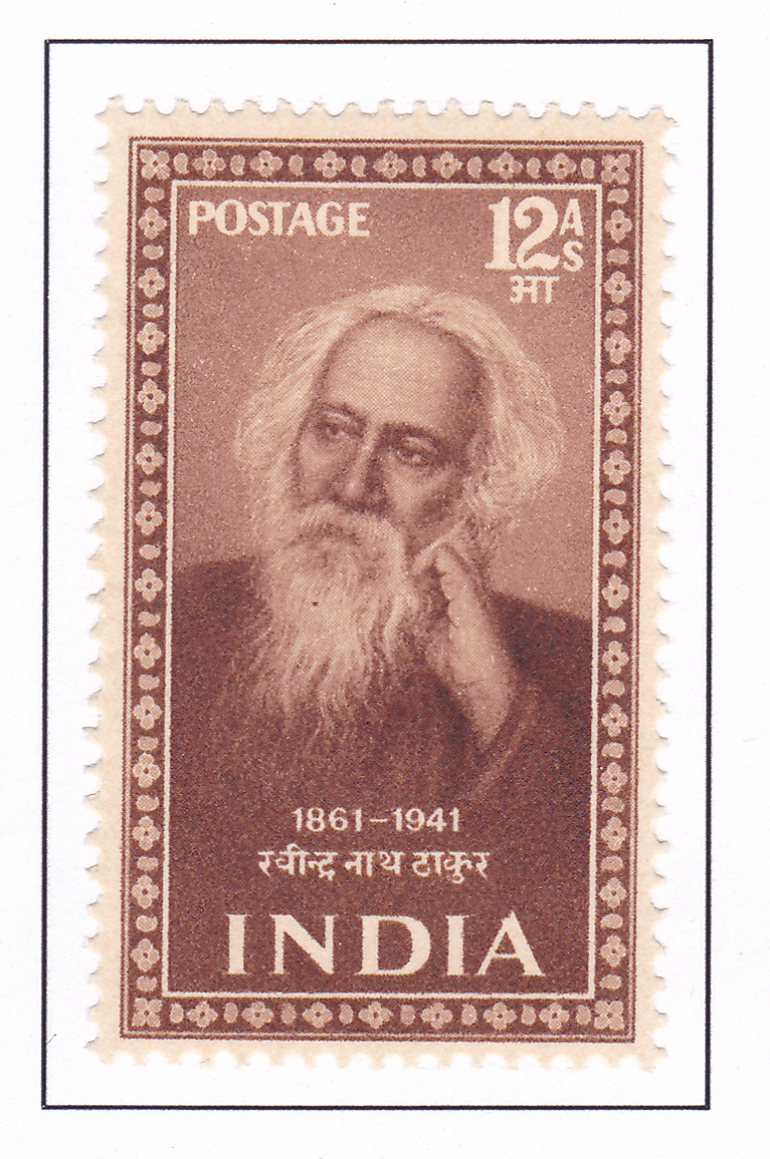
The Bengali polymath along with being a poet, novelist, and playwright was also a painter, philosopher, and composer. His works have stirred thought and emotion in minds for generations.
On his birth anniversary, we are revisiting one of his most fiery poems, one that can raise a hundred uprisings, one that can breathe passion into those who felt they have lost all hope, and one that injects courage into those gripped with fear.
We revisit Ekalā calo
yadi tora ḍāka śune keu nā āse tabe ekalā calo re
tabe ekalā calo, ekalā calo, ekalā calo, ekalā calo re
yadi tora ḍāka śune keu nā āse tabe ekalā calo re
if nobody responds to your call, then move forward alone
walk alone, move ahead alone, carry on alone, march forward alone
if nobody responds to your call, then carry on ahead alone
yadi keu kathā nā kaẏa, ore ore o abhāgā keu kathā nā kaẏa
yadi sabāi thāke mukha phirāẏe sabāi kare bhaẏa,
tabe parāna khule, o tui mukha phuṭe tora manera kathā ekalā balo re,
yadi tora ḍāka śune keu nā āse tabe ekalā calo re.
if everyone remains quiet, O’ my unlucky friend…
no one dares to speak up and everyone turns the other way in fear…
then with an open heart, and as loud as you can, you speak your mind freely
if nobody responds to your call, then you move forward alone
yadi sabāi phire yāẏa, ore ore o abhāgā sabāi phire yāẏa
yadi gahana pathe yābāra kāle keu phire nā cāẏa,
tabe pathera kām̐ṭā
o tui raktamākhā caraṇatale ekalā dalo re,
yadi tora ḍāka śune keu nā āse tabe ekalā calo re.
if everyone turns away, O ill-fated one, if everyone flees
and while walking down the difficult path, no one turns back to accompany you
then despite thorns on the path, you march ahead alone
trampling the thorns under your blood-soaked feet
if nobody responds to your call, then you move forward alone
yadi ālo nā dhare, ore ore o abhāgā ālo nā dhare
yadi jhar̤a-bādale ām̐dhāra rāte duẏāra deẏa ghare, tabe bajrānale
āpana bukera pām̐jara jbāliẏe niẏe ekalā jbalo re,
yadi tora ḍāka śune keu nā āse tabe ekalā calo re.
if nobody holds up the light, O unfortunate, if no one shows you the light
if everyone shut their doors upon you in the dark night of the thunderstorm,
then by the very lightening set your ribs on fire
and keep lightening the path alone
if nobody responds to your call, then you move forward alone.

